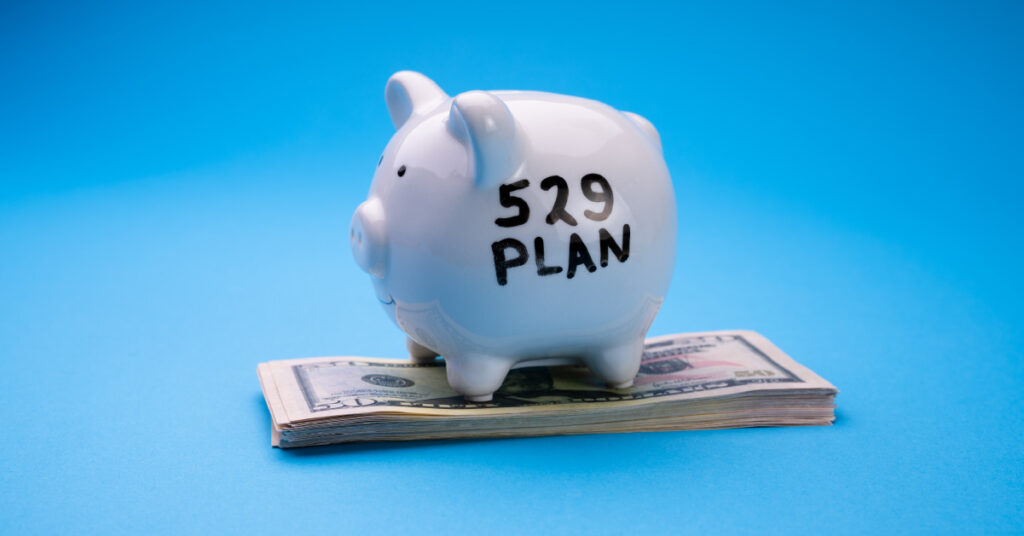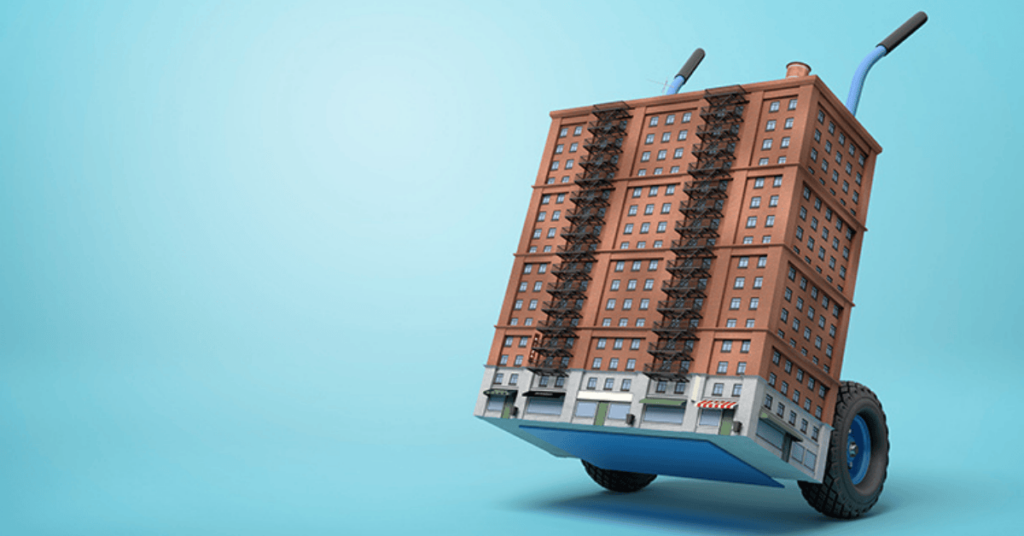By Pat Garofalo on Jan 14, 2013 at 9:25 am
Gov. Bobby Jindal (R-LA) last week tentatively endorsed a plan that would eliminate his state’s income and corporate taxes, replacing them with an increased sales tax. Such a move would disproportionately impact the poor, in a state where the tax code is already tilted against those with lower incomes.
But Jindal is not alone in this enthusiasm for pushing taxes down the income scale. North Carolina is also looking at replacing its income tax with an expanded sales tax, as Reuters noted:
“We have no choice but to make change,” said Bob Rucho, a Republican state senator in solidly Republican North Carolina, who is leading a push in that state for major tax changes.
Rucho and other like-minded lawmakers have a plan to do away with all state individual and corporate income taxes. The plan would replace lost revenue with a new business license fee and a higher sales tax on goods and services not now taxed by the state, such as legal, accounting and spa services, and food. […]
Rucho’s plan would remake the North Carolina budget, which now derives 65 percent of its $18.5 billion in total tax revenues from individual income and corporate taxes.
To make up for that much lost revenue, the state sales tax rate would have to rise to 6.53 percent from 4.75 percent, according to a supportive study done by a consulting firm run by Arthur Laffer, a former adviser to Republican President Ronald Reagan and one of the fathers of “trickle-down” economics.
The Tarheel state’s incoming governor, Pat McCrory (R), has called for tax reform, but has yet to embrace any specific proposal.
North Carolina’s tax system already benefits the well off, with the richest 1 percent paying 6.8 percent, compared to 9.5 percent for those making less than $17,000, according to the Institute on Taxation and Economic Policy. Shifting to a larger sales tax will hit low-income residents the hardest, as they spend a much larger percentage of their income on basic needs. Tacking the sales tax onto food will make this change even worse for those at the bottom of the income scale.
Such a shift would also be bad for North Carolina’s economy. As Alexandra Forter Sirota of the North Carolina Justice Center wrote, “relying only on consumption taxes would make our revenue system less stable. When the next downturn hits and consumer spending plummets, North Carolina’s revenue would plummet along with it with no other tax to counter-balance its decline. That would trigger even harsher cuts to education, health care and public safety than we’ve seen in the last few years.”




